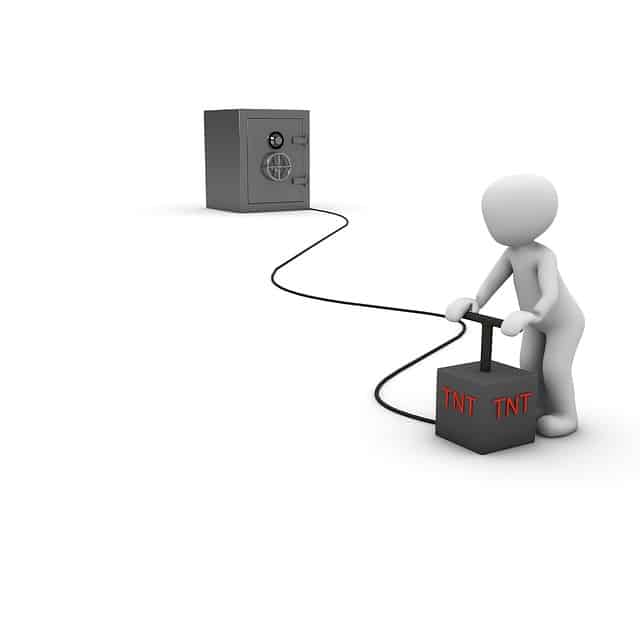Buyer Be Aware: What Every First Time Business Buyer Needs To Know
 Oh, how we love to work with first-time business buyers. Many have thought long and hard about the next phase of their business life. They’ve carefully assessed their capital and made a decision to invest their hard-won assets in the business of their dreams.
Oh, how we love to work with first-time business buyers. Many have thought long and hard about the next phase of their business life. They’ve carefully assessed their capital and made a decision to invest their hard-won assets in the business of their dreams.
They’re ready to take the plunge. Their hopes are high. And their vision is often super focused on the business, career and personal life they’re going to have if they can just find that perfect business opportunity.
And then we set them straight.
While we don’t like to burst anyone’s bubble, we do try to give new buyers a reality check before they get started.
There’s Hair on Every Deal
That’s a pretty blunt way of saying that no deal is perfect. Any small business has an issue or two – whether it’s employees, customers, service levels, marketing or a dozen other things. But that’s actually where the opportunity for a buyer comes into play. If you’re willing to be flexible, you might find a great deal that plays to your strengths.
Do you have exceptional team management skills? Then maybe you can help a business struggling with staff issues. Would it be easy for you to put some marketing, social media or advertising in place for a business that has none? If so, you might be able to grow the business faster than the current owner can. Big, easy wins like these are often possible.
Be Ready to Work Hard
Some business buyers approach us with “passive” business ownership in mind. They don’t want to be involved in day-to-day management. But we see very few “absentee-owned” businesses. Owning a self-serve car wash is a great example. Even though it doesn’t require an attendant, the business will always have needs – from equipment repairs and supply deliveries to maintenance and cash collections.
Also consider that the current owner may have been running the business for several years before you buy it. What takes her 20 hours a week may well take a new owner 40 or more hours a week.
Keep Your Options Open
While it’s a good idea to start with some idea of the type of business you’re looking to buy, it pays to stay flexible; you may be surprised. One family approached us convinced they wanted to buy a Sonic restaurant franchise. We showed them some other businesses, and they ended up buying a brake service business.
It had everything they were looking for – a good history, solid financials and a convenient location. They even had a family member who could run it for them. It turned out to be a great deal, and they’ve been successful with it for 10 years now.
Know Your Requirements
While flexibility is important, there are some aspects of the process where we don’t suggest compromising.
- Get all the information you need and verify it.
- Work to develop a feeling of trust and solid communication with the seller.
- Know your finances. What kind of investment can you afford, and how much risk can you handle?
- Follow your values. If there are certain aspects of business you don’t want to be involved with, be sure to draw that line early in the process so you don’t waste your time.
Get Ready to React Quickly
Line up your ducks before you start looking so you can be responsive to an opportunity. If a business piques your interest, act on it. We have dozens of clients who were sorry they hesitated to make an offer on a business when they first had the chance. The good ones go fast!
If you or someone you know is interested in buying or selling a business, please call us at 913-383-2671 or contact one of our Apex Business Advisors today!

 Post by Business Broker
Post by Business Broker 